
Birpai land 🖤
www.nature.com/articles/s41...
🧪🌍🦤🧬
#consgen #PopGen
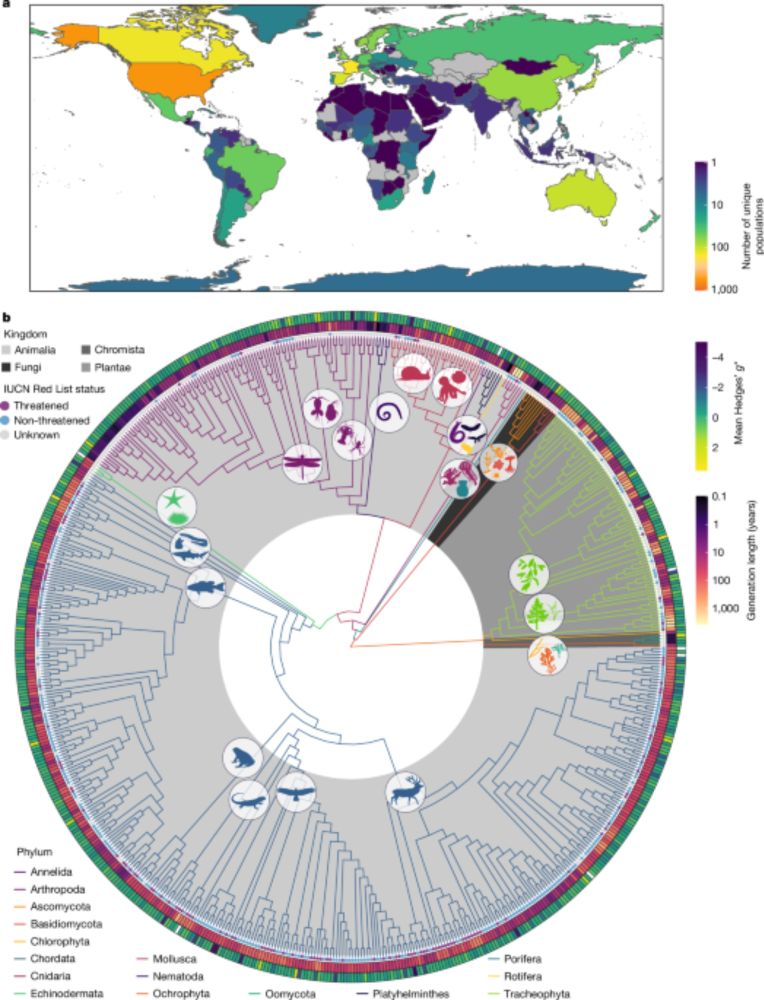
onlinelibrary.wiley.com/doi/10.1111/...
pic by Marc Gardner
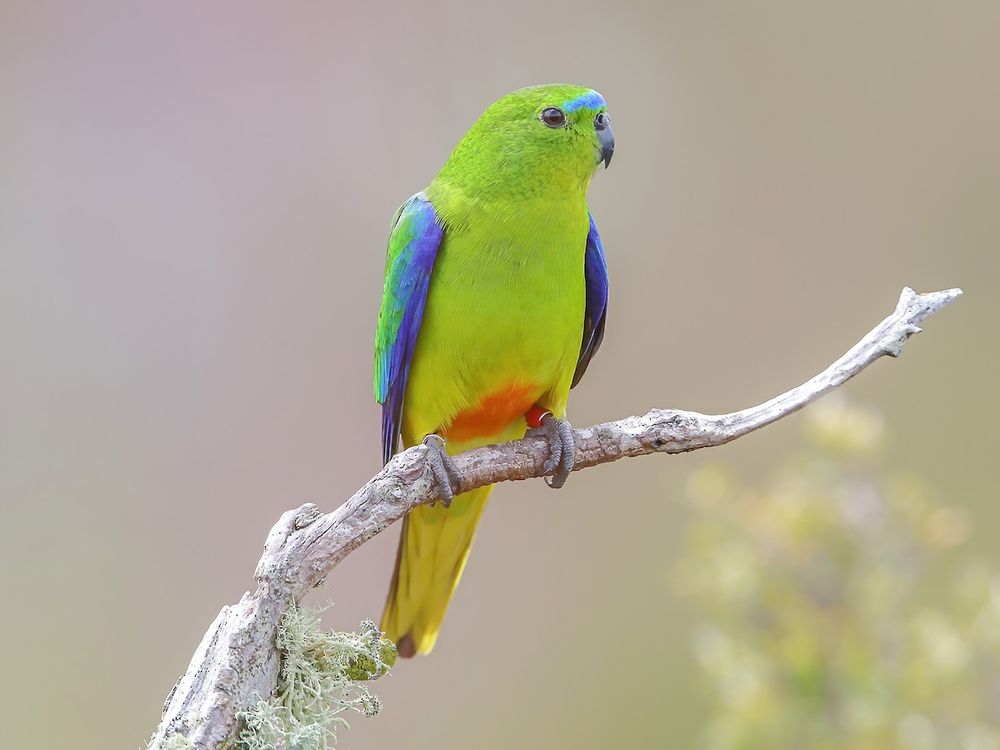
onlinelibrary.wiley.com/doi/10.1111/...
pic by Marc Gardner
www.nature.com/articles/s41...

www.nature.com/articles/s41...
https://go.nature.com/40FHZeC

https://go.nature.com/40FHZeC
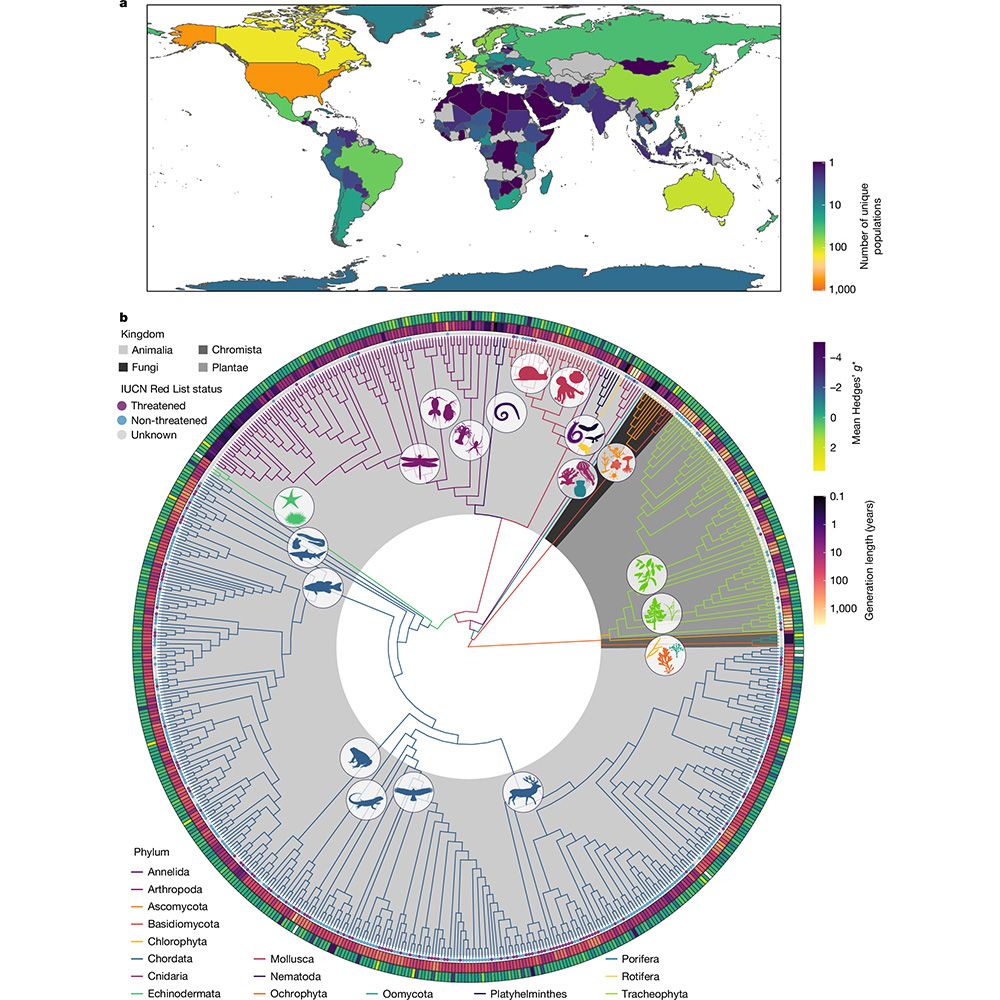
👉 the associated policy briefs:
www.coalitionforconservationgenetics.org/resources-da...
@coalitioncongen.bsky.social
@cgsg.bsky.social
@ninanatureresearch.bsky.social

👉 the associated policy briefs:
www.coalitionforconservationgenetics.org/resources-da...
@coalitioncongen.bsky.social
@cgsg.bsky.social
@ninanatureresearch.bsky.social
In the meta-analyses we had to skip thousands of papers for this reason.
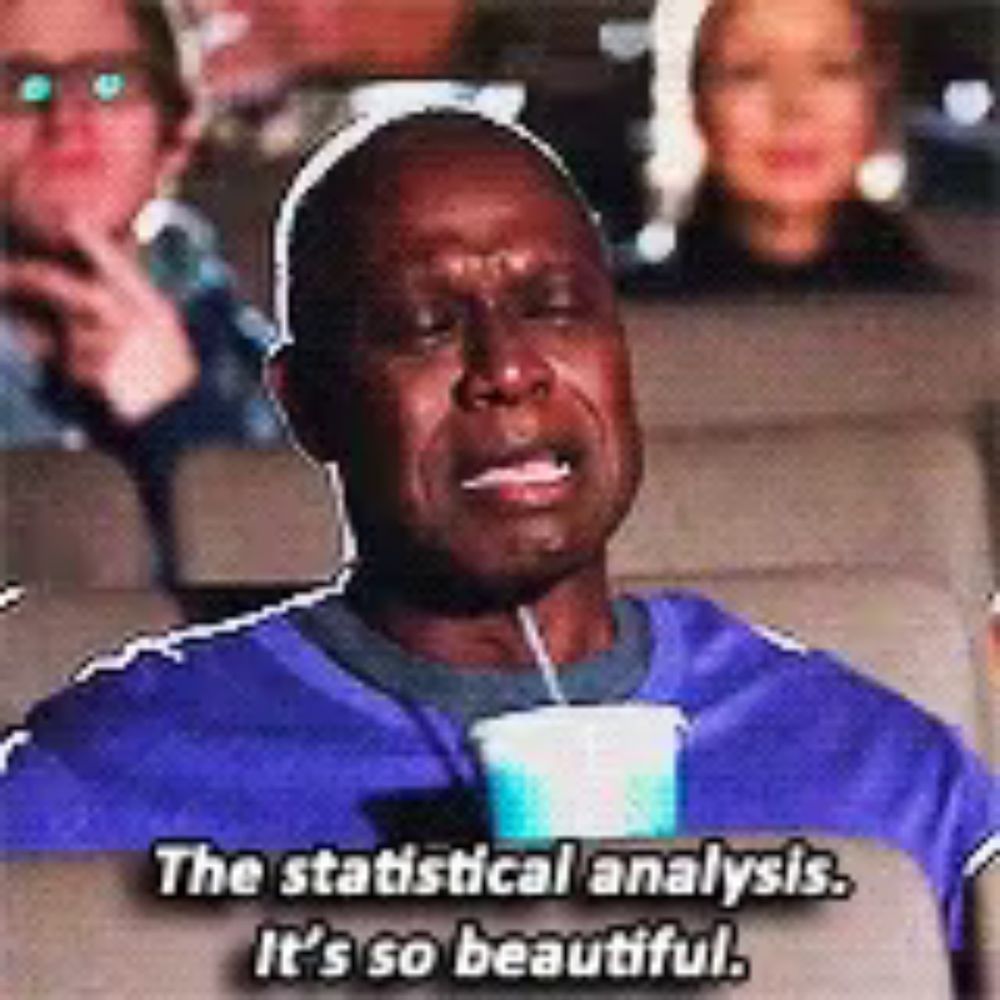
In the meta-analyses we had to skip thousands of papers for this reason.
theconversation.com/gene-pools-a...

theconversation.com/gene-pools-a...

But there's hope: we have the tools and conservation strategies to prevent further decline - if we act now.
Read the paper by following the links below⬇️
#Biodiversity #GeneticDiversity #Conservation
www.nature.com/articles/s41...
🧪🌍🦤🧬
#consgen #PopGen

But there's hope: we have the tools and conservation strategies to prevent further decline - if we act now.
Read the paper by following the links below⬇️
#Biodiversity #GeneticDiversity #Conservation
🧬🐸🌲🦅🦒🍄🐝🐠
theconversation.com/gene-pools-a...
🧪🌍🦤🧬 #consgen #popgen
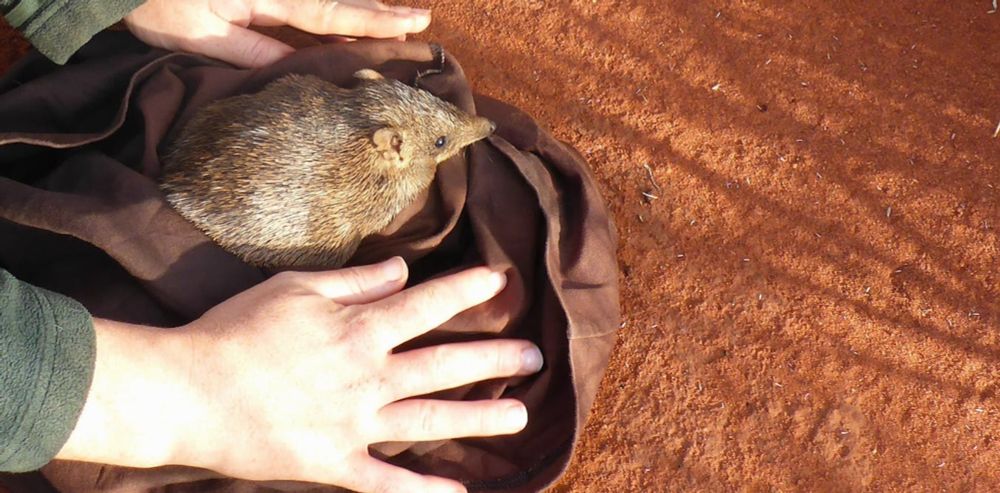
🧬🐸🌲🦅🦒🍄🐝🐠
https://go.nature.com/3CwUUaN
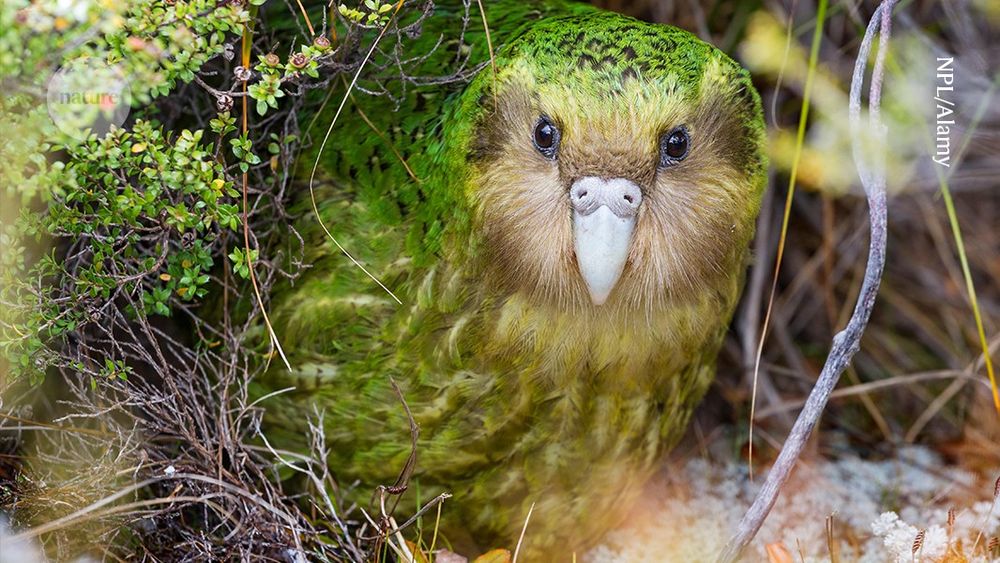
https://go.nature.com/3CwUUaN
url.au.m.mimecastprotect.com/s/uWHeC71Zo8...
www.nature.com/articles/s41...
🧪🌍🦤🧬
#consgen #PopGen
url.au.m.mimecastprotect.com/s/uWHeC71Zo8...
theconversation.com/gene-pools-a...
🧪🌍🦤🧬 #consgen #popgen

theconversation.com/gene-pools-a...
🧪🌍🦤🧬 #consgen #popgen
www.nature.com/articles/s41...
🧪🌍🦤🧬
#consgen #PopGen

www.nature.com/articles/s41...
🧪🌍🦤🧬
#consgen #PopGen

Find out more in the Science news here
www.science.org/content/arti...
#Consgen
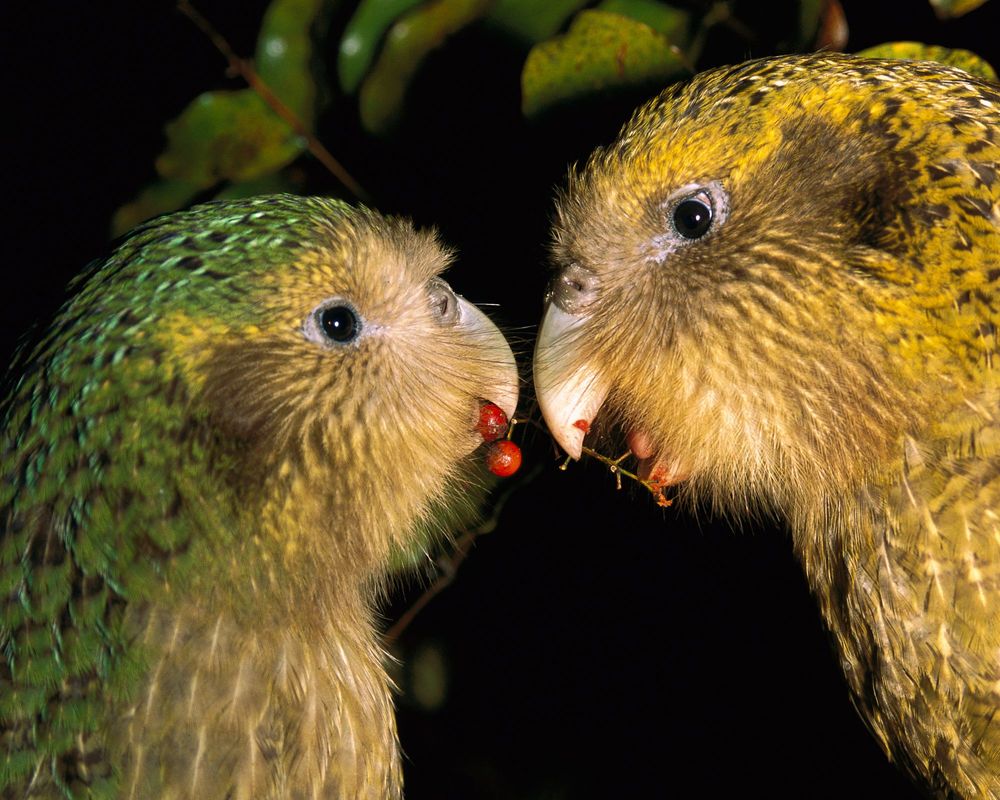
Find out more in the Science news here
www.science.org/content/arti...
#Consgen
www.science.org/content/arti...
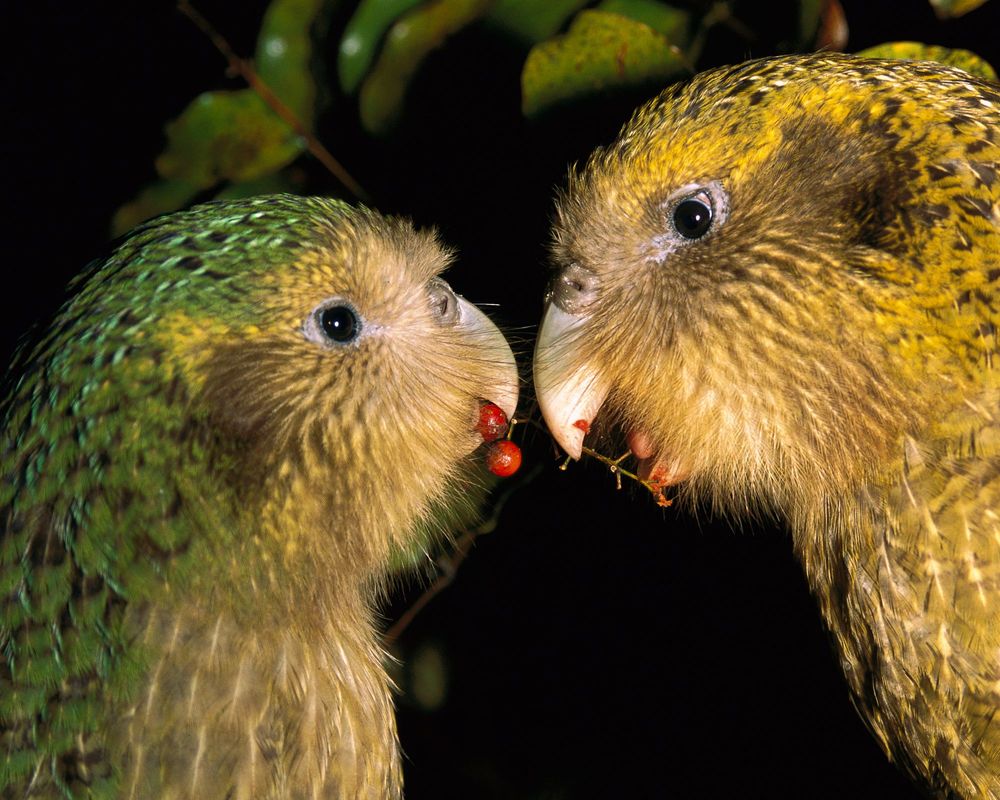
www.science.org/content/arti...
->The Independent | #Conservation | More info from EcoSearch

But what does it mean?
Read on to hear from @carolinehowe.bsky.social (our new Vice President) & @sebdunnett.bsky.social
🌍🧪

But what does it mean?
Read on to hear from @carolinehowe.bsky.social (our new Vice President) & @sebdunnett.bsky.social
🌍🧪
The overall mortality rate this year will exceed the 30% loss in 2016. www.nature.com/articles/s41...

The overall mortality rate this year will exceed the 30% loss in 2016. www.nature.com/articles/s41...
Genomics of endangered species
🐬🐒🐸🐍🫎🐧🦉🌴🌿
#consgen
#conservationgenetics
#conservationgenomics
I’m very happy to be serving as Guest Editor and eager to read your submission.
Deadline: 13 August 2025
More info:
bit.ly/48VA9l6
@BioMedCentral
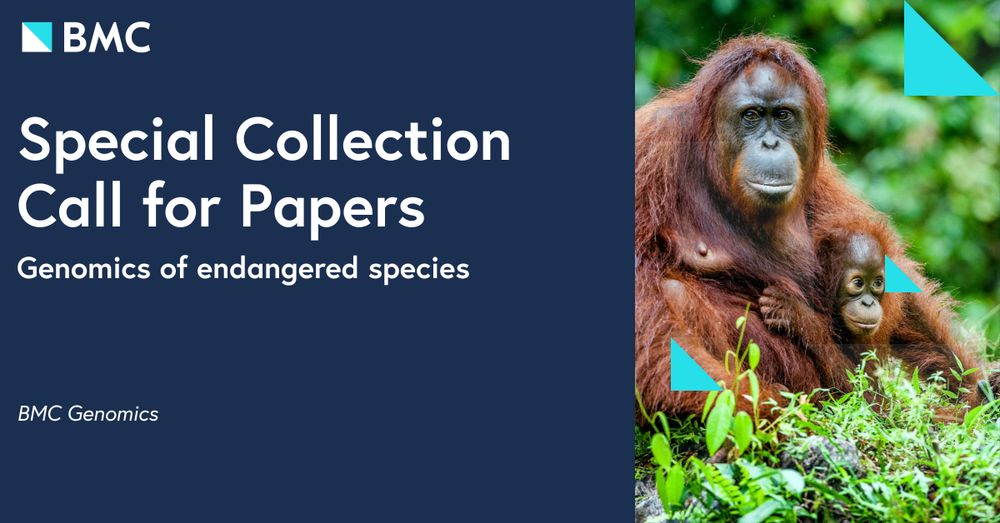
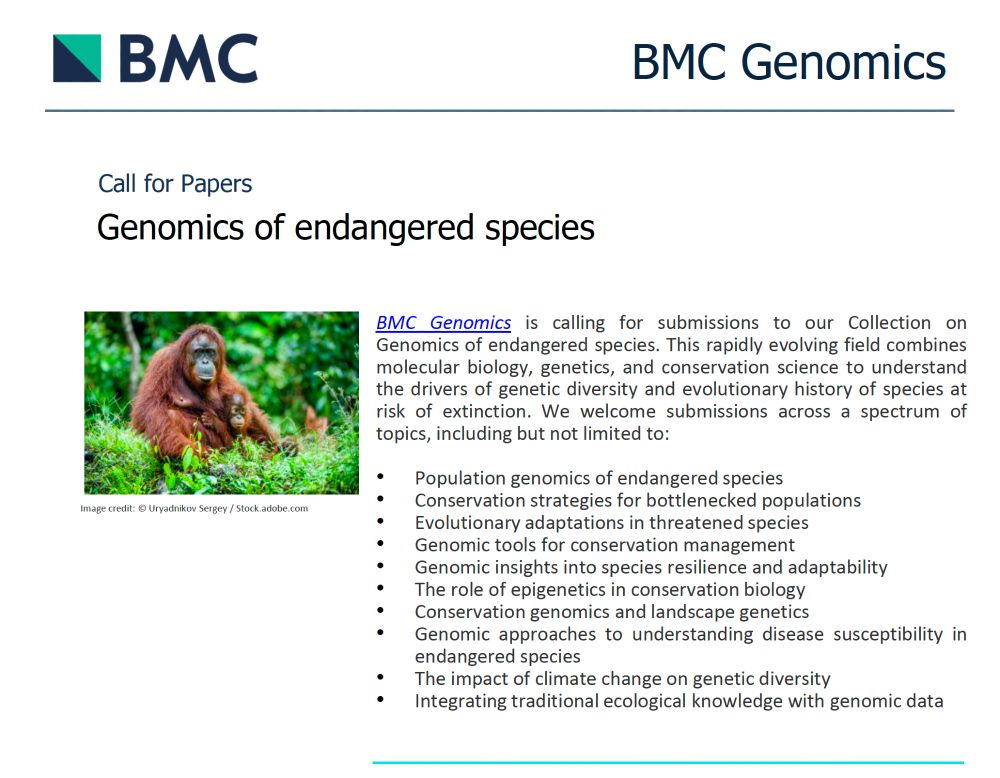
Genomics of endangered species
🐬🐒🐸🐍🫎🐧🦉🌴🌿
#consgen
#conservationgenetics
#conservationgenomics
I’m very happy to be serving as Guest Editor and eager to read your submission.
Deadline: 13 August 2025
More info:
bit.ly/48VA9l6
@BioMedCentral
doi.org/10.1071/WR16... 🦤

doi.org/10.1071/WR16... 🦤
doi.org/10.1038/s414...
🦤

doi.org/10.1038/s414...
🦤
Tassie devils have lower reproductive success the more generations that they have been bred in captivity
doi.org/10.1093/jher...
🦤

Tassie devils have lower reproductive success the more generations that they have been bred in captivity
doi.org/10.1093/jher...
🦤
go.bsky.app/VMqVSAi
go.bsky.app/VMqVSAi

